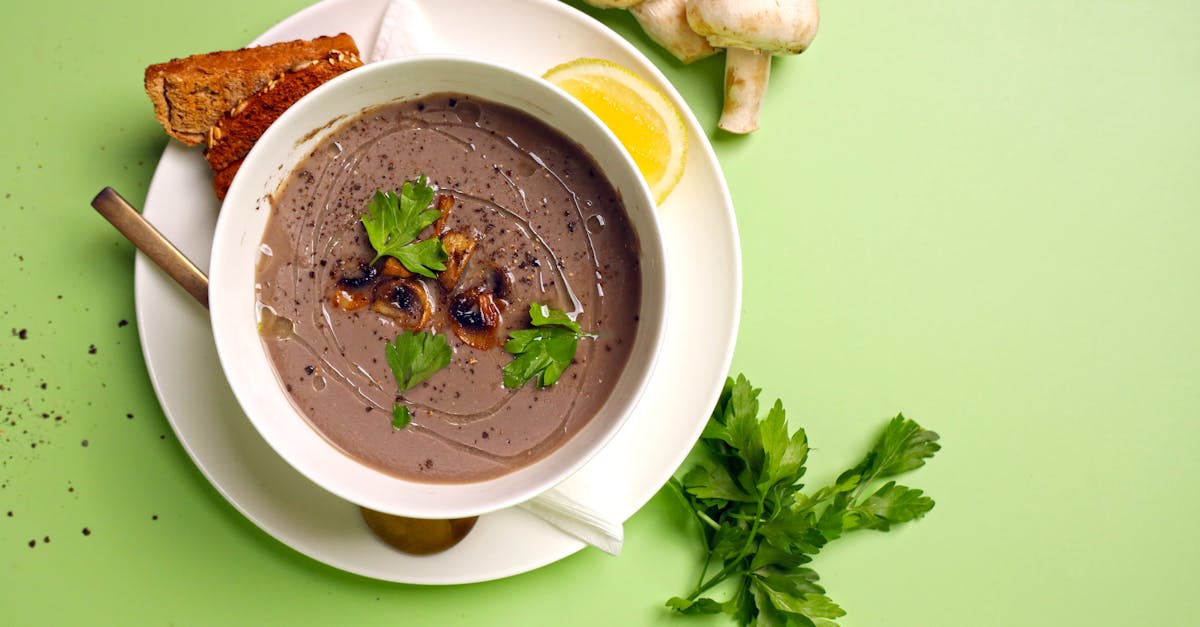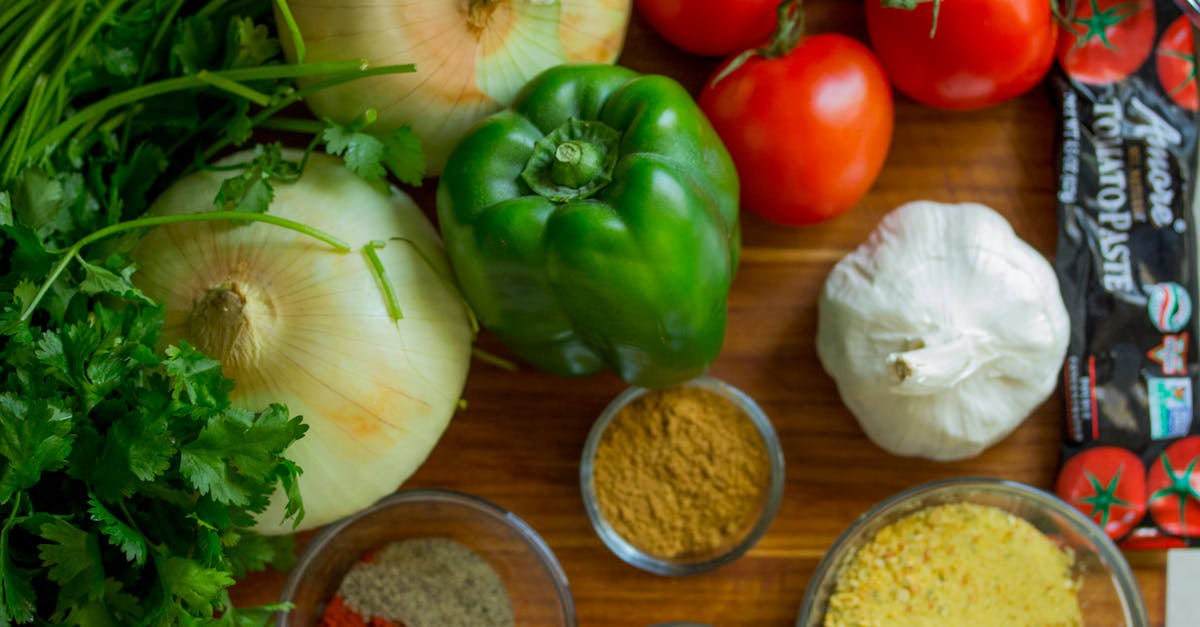The Ultimate Guide to Plant Based Diets
Introduction
In recent years, plant-based diets have surged in popularity, attracting health-conscious individuals worldwide. People are increasingly turning to this eating style for its numerous health benefits and environmental impact. Whether it's a vegan or vegetarian diet, plant-based nutrition has become the cornerstone of healthy eating.
Advertisement
Understanding Plant-Based Diets
A plant-based diet is primarily centered around foods derived from plants, such as vegetables, fruits, nuts, seeds, whole grains, and legumes. Unlike restrictive diets, it allows for some flexibility, offering options like vegetarian diets, which may include eggs and dairy, or strictly vegan diets, which exclude all animal products.

Advertisement
Nutritional Benefits
Plant-based nutrition offers an abundance of necessary nutrients, including fiber, vitamins, and essential minerals. These nutrients contribute to improved digestion, cardiovascular health, and immune support. Plant proteins found in legumes and grains provide substantial protein sources without the saturated fats present in meat.

Advertisement
Exploring Meat Alternatives
For those transitioning to a plant-based diet, meat alternatives come in handy. Products like tofu, tempeh, and seitan mimic the texture and protein content of meat effectively. Additionally, innovative products like plant-based meat burgers and sausages cater to those seeking familiar taste experiences.
Advertisement
Incorporating Plant Proteins
Getting adequate protein can be a concern for some new to plant-based diets. However, diverse sources of plant proteins like quinoa, lentils, chickpeas, and chia seeds ensure sufficient protein intake. Mixing various plant-based proteins can offer a complete amino acid profile, enhancing muscle health.
Advertisement
Crafting Plant-Based Recipes
Creating delicious plant-based recipes involves experimenting with flavors, textures, and colors. Simple swaps like using coconut milk for cream or chickpeas for chicken can lead to delightful meals. Access to numerous online resources helps in discovering diverse, innovative recipes tailored to individual dietary preferences.

Advertisement
Tips for Diet Transition
Transitioning to a plant-based diet doesn't have to be daunting. Start by gradually incorporating more fruits and vegetables into your meals and reducing meat portions. Educate yourself about plant-based nutrition to ensure balanced meals, and seek local support groups or join online communities for extra guidance.

Advertisement
Addressing Common Challenges
One challenge people face when adopting a plant-based diet is managing cravings. It's essential to find satisfying alternatives like dark chocolate for sweet tooth cravings or roasted vegetables for savory ones. Learning to read food labels can also help avoid hidden animal-derived ingredients.
Advertisement
Plant-Based Benefits
The benefits of adopting a plant-based diet are extensive, ranging from better heart health, weight management, and reduced cancer risk, to minimizing environmental impact. Those embracing plant-based lifestyles often report higher energy levels and enhanced mental clarity, showcasing the diet's holistic benefits.

Advertisement
Conclusion
In conclusion, plant-based diets offer a compelling path towards healthier eating and personal well-being. With an array of plant-based recipes and meat alternatives available, transitioning can be smooth and enjoyable. Embracing this diet not only boosts physical health but also contributes positively to the planet, making it a truly rewarding choice.
Advertisement


